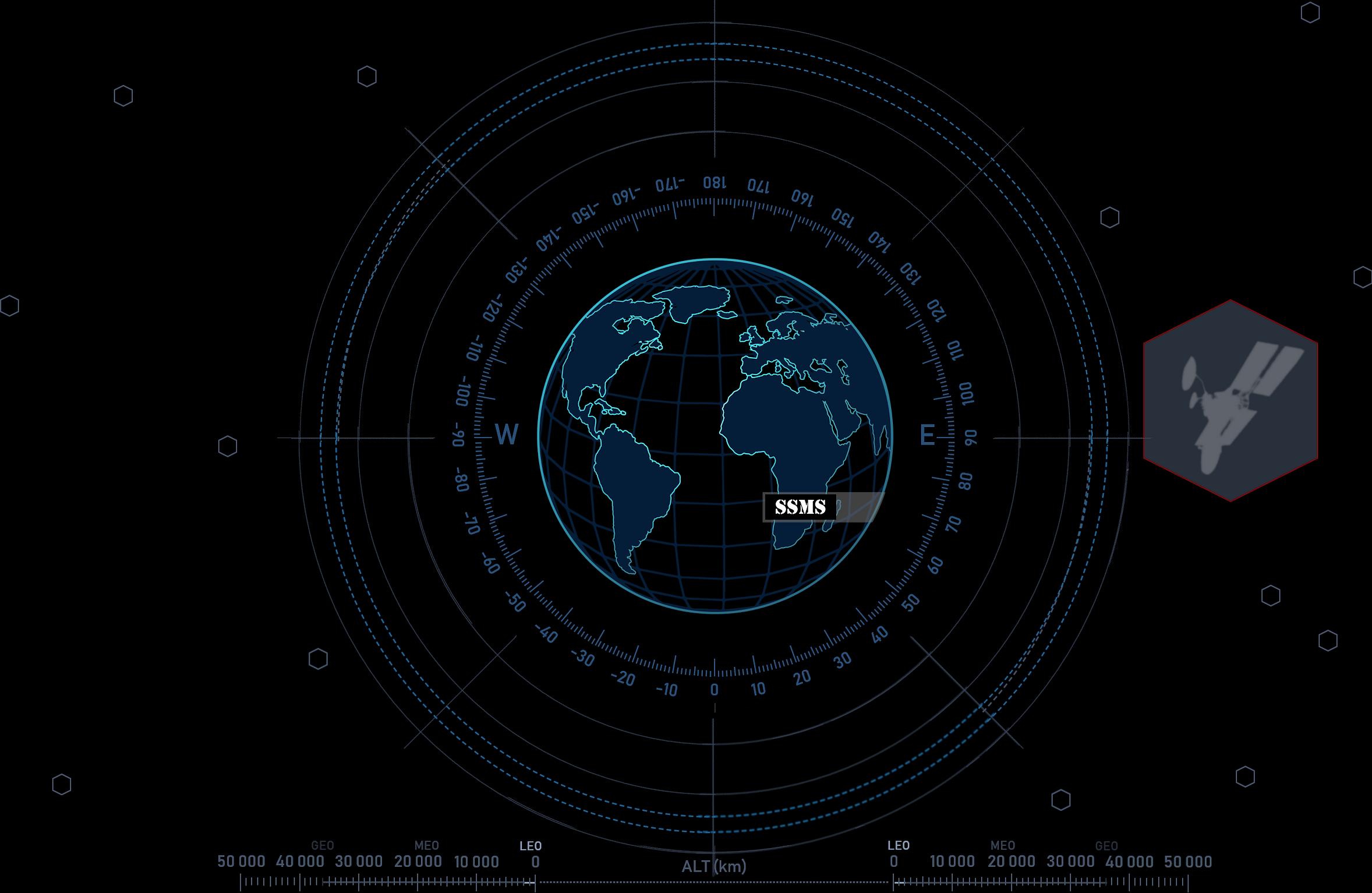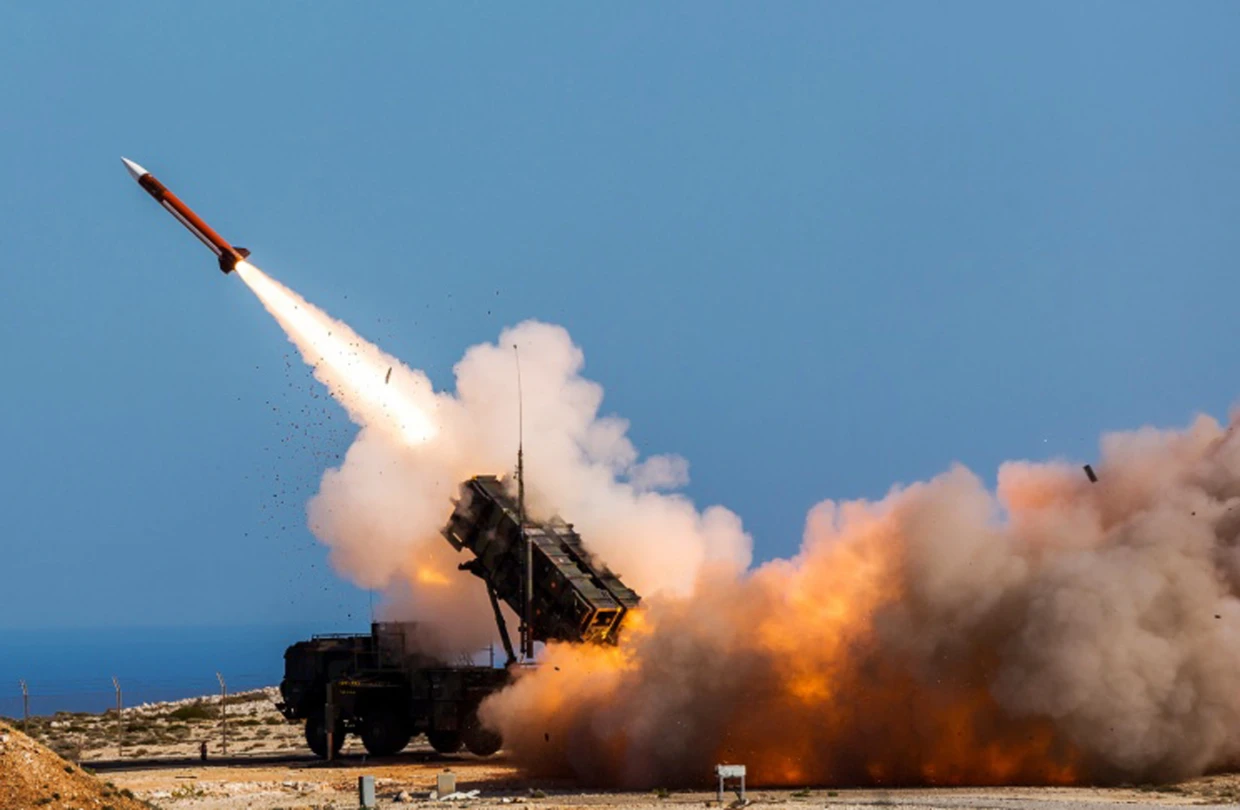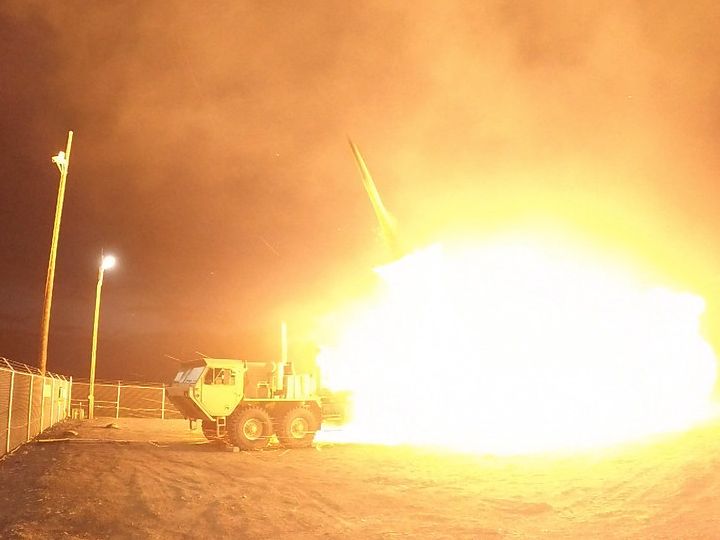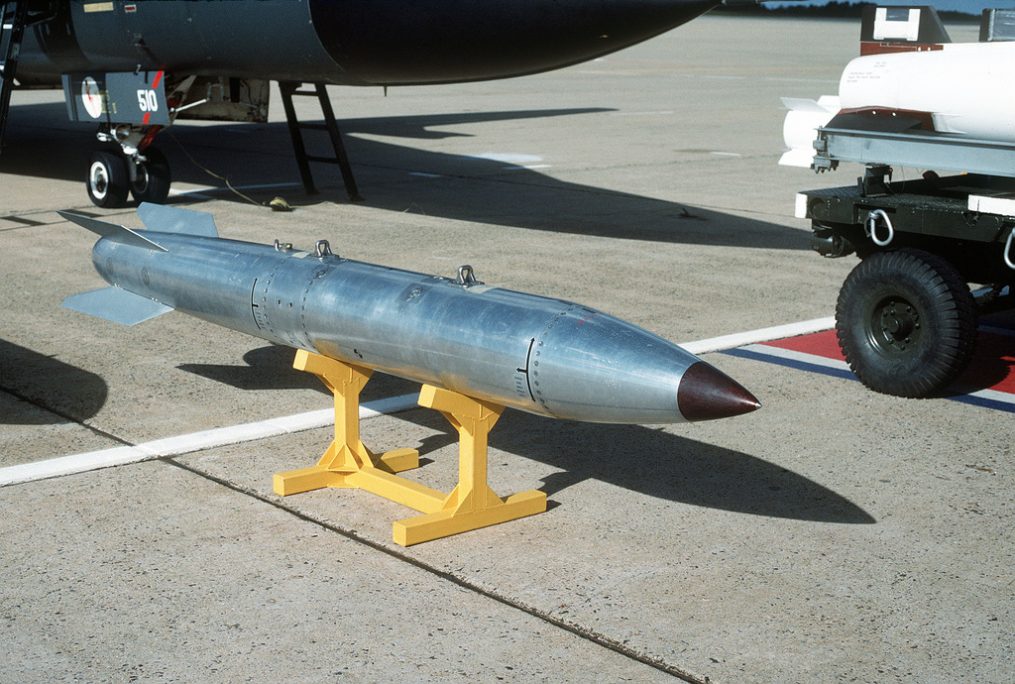
Exploration note of the space wargame realized on 19/11/2021
Abstract
Designed in two phases, crisis management and Red Team exploitation of the results of the crisis, this Wargame allowed an in-depth reflection of the players, leading to the most negative possible result of a generalized catastrophe of the Kessler syndrome type. The causes of this development are to be found in a continuous escalation due to the export of traditional geopolitical oppositions to space competition, in particular between great powers, pushing the players to act in a logic of confrontation rather than cooperation. The relevance of decisions, as well as their rationality, have demonstrated a fundamental political dimension of management of Space, in particular in case of crisis, with the pursuit of interests and the will to power as the main engine of actions. The cooperation emerges then only after the disaster, to manage and try to minimize the consequences once this one is realized, and still only in the impacted environment, since the terrestrial crises having emerged during the management of space crisis (the phenomenon of chain crises) are perpetuated because of a conflictual logic still in progress and not timed by a disaster or mechanisms of decompression.
The wargame thus realized, in addition to confronting the players to the decision-making under constraints (the pressure of time, chance, the urgency of the decision, the permanent adaptation… ) and to put into practice their theoretical reflections, has allowed us to draw some lessons from space crisis management, such as the relevance of such scenarios, the ever-increasing probability of space wars and the proximity between space crises and the mechanisms of nuclear deterrence (arguing at the same time for the creation upstream of a grammar of crisis management and escalation, in order to develop means of countering it, to avoid a result as disastrous as that of the present simulation…).
About the Author
Thibault Fouillet is a research fellow at the Foundation for Strategic Research, and a PhD student at the University of Luxembourg. He is writing a PhD thesis in military history and strategy with the title Grand Strategy and Small States. He was an Artillery Officer between 2016 and 2018 and is currently a research associate at IESD. t.fouillet@frstrategie.org
Strategic Thinking

High strategic capabilities and defensive military assistance in the Ukraine war: the double threshold dilemma
One of the major elements of the Russian-Ukrainian confrontation is of course its potential nuclear nature. This dimension encourages the Biden administration not to let the war in Ukraine degenerate into a major conflict that would directly oppose Americans and Russians. This limit makes the problem of Western co-belligerence a key element in the political-military equation of the conflict. Taking this context into account, this note relates the tactical-operational “threshold” related to this arms supply to a second threshold of a politico-strategic nature, which in turn is influenced by the phenomenon of the interconnection of high strategic capabilities, and which opens up the delicate concept of multi-domain deterrence.
𝐉𝐚𝐧𝐮𝐚𝐫𝐲 𝟐𝟎𝟐𝟑

À lire également

The silent masters of the oceans: the strategic and non-proliferation implications of nuclear-powered submarines in Australia and Brazil
At the International Atomic Energy Agency (IAEA) General Conference in 2022, Director General Rafael Grossi emphasizes that “the world of nuclear proliferation and safeguards is changing,” and that this change creates important technical and political challenges. The announcement of the AUKUS agreement and the progress of Brazil’s nuclear-powered submarine program reflect regional geopolitical realignments. Internationally, the IAEA safeguards system is challenged by these developments insofar as they entail risks of nuclear proliferation. How does the acquisition of nuclear-powered submarines impact both the regional and international strategic balance and nuclear non-proliferation norms? The purpose of this research note is to analyze the geopolitical motivations of nuclear-powered submarine programs in Australia and Brazil and their implications for nonproliferation instruments.
𝐉𝐚𝐧𝐮𝐚𝐫𝐲 𝟐𝟎𝟐𝟑

High strategic capabilities and defensive military assistance in the Ukraine war: the double threshold dilemma
One of the major elements of the Russian-Ukrainian confrontation is of course its potential nuclear nature. This dimension encourages the Biden administration not to let the war in Ukraine degenerate into a major conflict that would directly oppose Americans and Russians. This limit makes the problem of Western co-belligerence a key element in the political-military equation of the conflict. Taking this context into account, this note relates the tactical-operational “threshold” related to this arms supply to a second threshold of a politico-strategic nature, which in turn is influenced by the phenomenon of the interconnection of high strategic capabilities, and which opens up the delicate concept of multi-domain deterrence.
𝐉𝐚𝐧𝐮𝐚𝐫𝐲 𝟐𝟎𝟐𝟑



